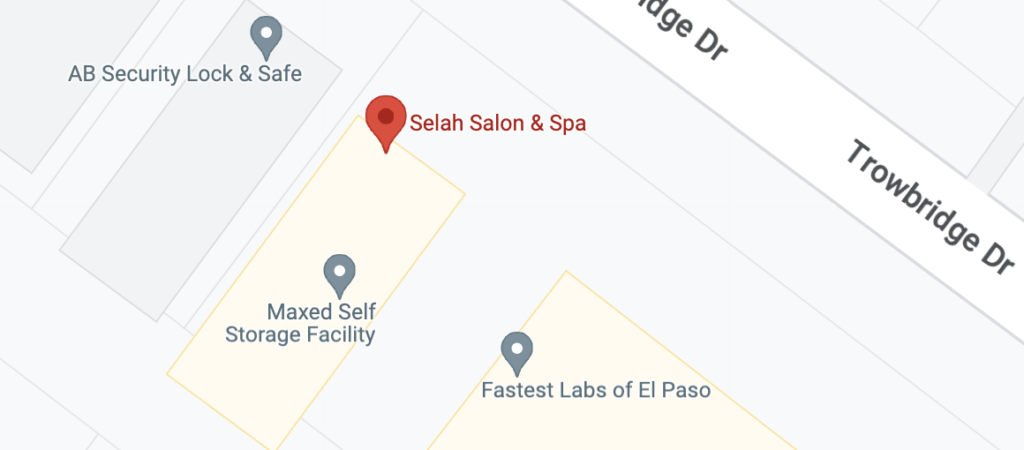
When our hair becomes damaged, there are a number of things that may be at stake. If your hair has been putting a fight, you might be dealing with either protein or moisture overload. How exactly can you tell you’re dealing with protein or moisture overload? What differentiates the two? The professionals at Selah Salon & Spa are here to help you get your hair back to a healthy state.
Why are protein and moisture so important?
Protein is an important part of maintaining healthy and strong hair. Hair is mostly made up of keratin, which is a form of protein. Beyond keeping your hair strong, protein also encourages your hair to grow faster and thicker. Without enough protein, your hair will become brittle and you’ll experience plenty of fall-outs as it continues to grow. This is often why people who have a low-protein diet will notice that they cannot grow their hair out past a certain length.
Besides protein, moisture is also very crucial for healthy hair. Moisture helps with a number of problems when it comes to our hair. Moisture is responsible for keeping hair hydrated, shiny, and soft in order to prevent it from becoming brittle and dry. When your hair does have enough moisture, it will bind itself with the protein in the strands to create balanced and healthy results. Hair can become straw-like, thin, and frail without substantial moisture.
What is protein overload and moisture overload?
Too much of a good thing can definitely be a bad thing. Now that we understand the importance of protein and moisture in our hair, it’s time to talk about how dreadful too much protein or moisture can be.
Protein overload occurs when there is too much protein in the hair and too little moisture. This is one imbalance that can occur in hair. A protein overload is usually caused by applying too many products with protein in it. If you look at the ingredients on the back of your hair care products, keep an eye out for supplements such as hydrolyzed collagen, wheat quinoa, or soy protein, keratin, oat flour, and amino acids as these are all forms of protein.
Moisture overload occurs when there is too much moisture and too little protein. This is the second kind of imbalance your hair can experience. Moisture overload tends to affect those who have high hair porosity, causing it to look limp, stringy, and even greasy. It is essential for all hair types, but it is even more crucial for those who have strong and defined curls. Moisture is responsible for defining the texture and patterns of natural hair and it works to prevent frizziness. Although, hair types can only be moisturized until it becomes harmful. Moisture overload also leads to split ends and breakage, similar to protein overload.
Moisture overload and protein overload have similar symptoms. It is important for you to differentiate the two; this way, you’ll be able to treat your hair accordingly.
Signs of Protein Overload
There are a couple of signs to look out for and test in order to successfully identify whether you have protein overload or just dry hair due to improper moisturizing techniques. You can find some of the most common signs below.
If your hair…
- snaps off when you extend a hair strand from one end to another
- feels more dry, lifeless, and brittle than before
- lacks shine and luster
- is tangled and shedding heavily
- texture is very straw-like and stiff
…then protein overload may be responsible!
You don’t have to experience all of these signs to have protein overload. Even one sign can indicate the presence of a protein problem.
Signs of Moisture Overload
Moisture overload and protein overload only have a few common signs. The symptoms of a moisture overload may consist of the examples listed below.
If your hair is…
- limp and lifelessness
- overly soft and has no volume
- elastic and stretches too much when extending a hair strand from one end to another
- undefined curls or hair patterns
- feels dry and fluffy
…then it might be experiencing moisture overload.
Get in Touch with Selah Salon & Spa to Kick Up Your Hair Care
Much like protecting our skin during the summer months, it’s necessary to think about our hair as the seasons change. The professionals at our salon know everything there is to know about healthy hair. We want you to feel confident and happy with your natural hair. Contact us today to learn more about how we can help you with our products and hair care services!
